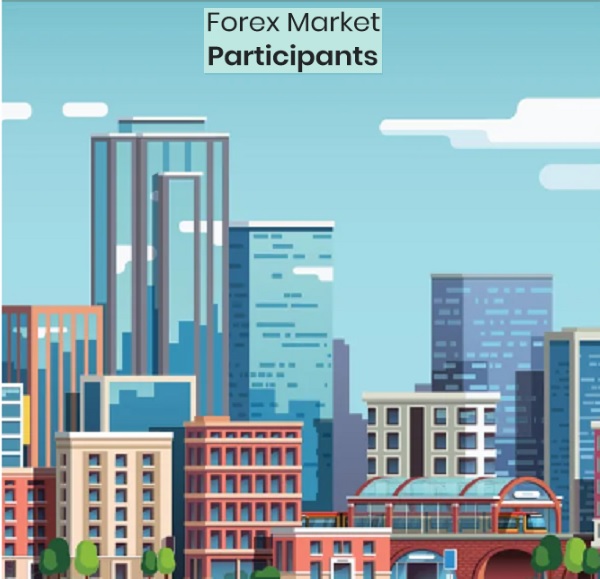
The forex (foreign exchange) market serves various participants, and it covers a wide range of activities beyond just currency trading for tourists and hedge funds. Here are some of the primary participants and their activities in the forex market:
Commercial Banks:
Commercial banks are significant players in the forex market. They facilitate currency exchange for their customers, including individuals and corporations, who need to convert one currency into another for various purposes, such as international trade, travel, or investment.
Central Banks:
Central banks play a crucial role in the forex market by controlling a country's monetary policy. They may intervene in the market to stabilize their currency's value, control inflation, or achieve other economic goals.
Hedge Funds:
Hedge funds are institutional investors that engage in speculative trading to generate profits. They often employ various strategies in the forex market, such as carry trades, trend following, and arbitrage, to capitalize on exchange rate fluctuations.
Investment Banks:
Investment banks provide various services in the forex market, including trading, research, and advisory services to large institutional clients, such as hedge funds, corporations, and governments.
Retail Traders:
Retail traders are individual investors who participate in the forex market through online retail brokerages. They can trade currencies using their personal accounts and may engage in spot forex trading or use derivatives like forex options and futures.
Corporations:
Multinational corporations engage in forex transactions to manage currency risk related to international operations. They use the forex market to hedge against adverse exchange rate movements or to facilitate international trade by converting currencies.
Tourists and Travelers:
Tourists and travelers use the forex market when they exchange their home currency for the currency of the country they are visiting. Forex bureaus and currency exchange services at airports and banks cater to this demand.
Speculators:
Speculators, including retail traders and individual investors, participate in the forex market with the aim of profiting from short-term price movements. They do not have an underlying business need for currency exchange but speculate on price changes.
Governments:
Some governments may enter the forex market to influence their currency's value, especially when they believe that exchange rate fluctuations could adversely affect their economy or trade balance.
Market Makers:
Market makers are financial institutions that provide liquidity to the forex market by quoting bid and ask prices. They facilitate trades by matching buyers and sellers and may profit from the spread between these prices.
International Trade:
The forex market is essential for international trade, as it enables countries to exchange their respective currencies for conducting imports and exports. Importers and exporters use the market to manage currency risk and settle cross-border transactions.
In summary, the forex market is a vast and diverse financial marketplace that caters to the needs of a wide range of participants, including tourists, hedge funds, corporations, governments, and individual traders. Each group participates in the market for various purposes, including speculation, risk management, investment, and facilitating international transactions.